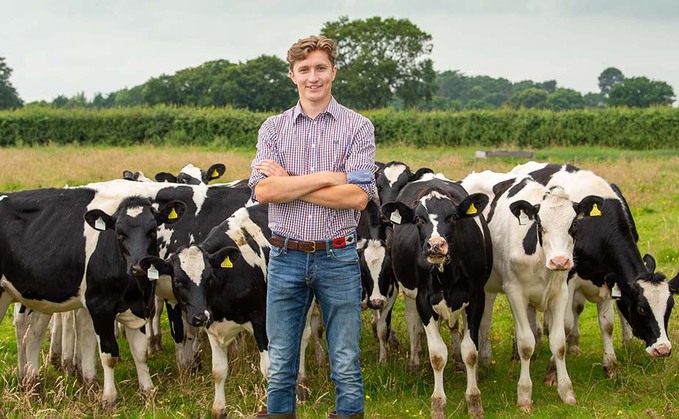
Joe Bramall is determined to make his mark on the farming industry and he has not even graduated yet. He tells Emily Scaife what his future hopefully has in store. For many, the Covid-19 pandemic has...

Joe Bramall is determined to make his mark on the farming industry and he has not even graduated yet. He tells Emily Scaife what his future hopefully has in store. For many, the Covid-19 pandemic has...